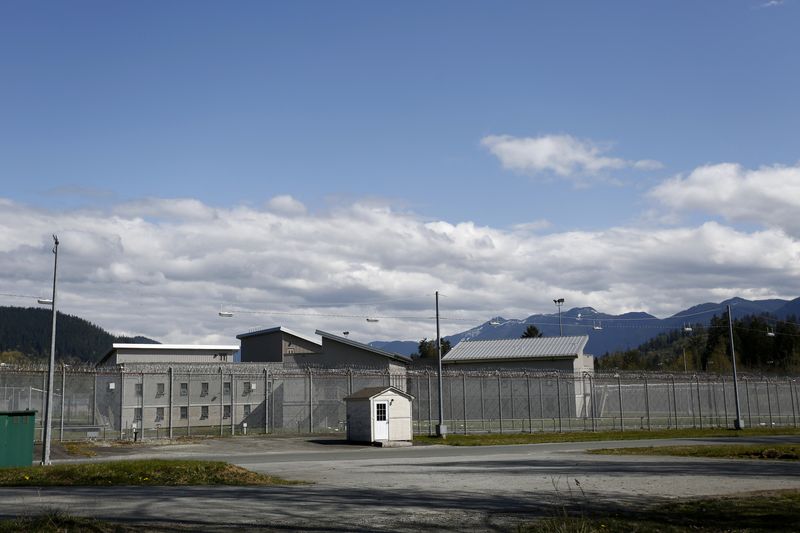By Anna Mehler Paperny
TORONTO (Reuters) - The special units replacing solitary confinement in Canada’s prisons disproportionately house Black and Indigenous inmates and those with mental illness, and most inmates are not getting the required minimum four hours outside their cell, a report found.
WHY IT'S IMPORTANT
Canada created “structured intervention units” in 2019 to replace “administrative segregation,” the Canadian government’s version of solitary confinement, which court rulings found violated inmates’ fundamental rights.
Under revised legislation the units were only to be used as a last resort. There were to be more checks on their use and a minimum number of hours for inmates to spend outside of their cells.
That is not happening, this latest report, published on Friday, found.
KEY QUOTES
These units “are not working as intended, and as will be demonstrated in this report, they are also not improving. The problems are fundamental, not peripheral,” the report, by an independent advisory panel, found.
The Correctional Service of Canada is researching “the operational dynamics and conditions of confinement” in prisons with these special units and is building an action plan to address the overrepresentation of Black people, Indigenous people and people with mental illness, Public Safety Minister Dominic LeBlanc said in a statement.
BY THE NUMBERS
The report finds about 40% of structured intervention unit stays are over one month.
Indigenous people comprise 5% of Canada’s population, 32.7% of the federal prisoner population and 44.2% of people in structured intervention units.
Black people, who comprise 4.3% of Canada's population and 9% of the federal prison population, make up 16.3% of the structured intervention unit population.

People with mental health needs comprise 19.8% of the prison population and 37.1% of the special unit population.
Black and Indigenous people spend longer in these cells. And people with mental illness are more likely to have multiple stays. At the same time, prisoners in these cells are not getting the specialized programming they need.
